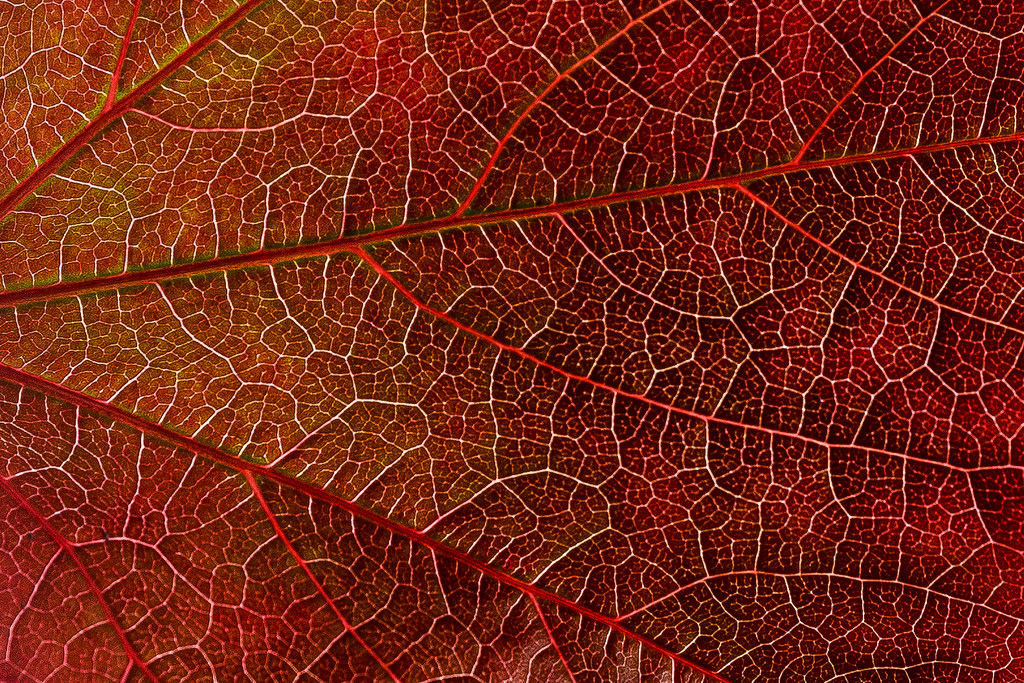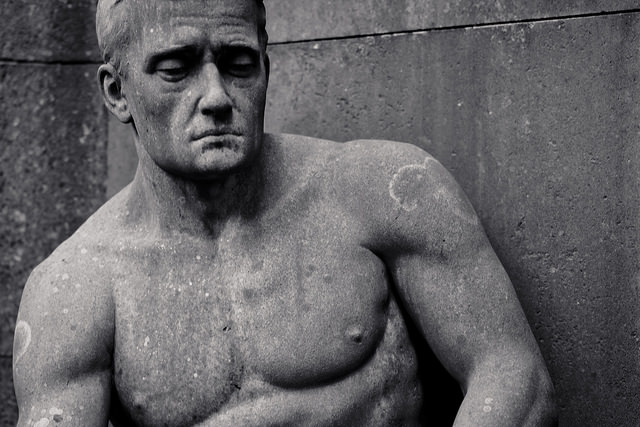
I spent some time catching up on the NPR Story of the Day Podcast today while I was folding laundry. Some were fairly memorable, but my favorite was an interview with this All Things Considered interview by Guy Raz with the journalist, novelist, and former pilot William Langewiesche. After the World Trade Center was destroyed, Langewiesche spent five months at “ground zero” observing the Department of Design and Construction‘s clean up efforts, which he detailed in a long-running series for the Atlantic and later published as American Ground: Unbuilding the World Trade Center. I knew nothing about Langewiesche or this story prior to hearing the radio piece, but I was instantly impressed, especially with Langewiesche’s cool and considered manner of speech, his deliberate rationality, and his insistence that his job was to observe and to speak honestly, without judgment, about the things that he observed. Despite this strong sense of journalistic integrity, I was also pleased (and somewhat surprised) to discover that there were some things he experienced that he would not write about, like the private grief of the families of the dead, he called it a “deep, deep grief, that is everlasting.” According to Langewiesche, he did not write about this grief because he “think[s] that’s a private matter. It would have been a violation of these people to write about their grief.””
Later in the interview, Langewiesche said:
I believe that grief needs to be private. That doesn’t mean that help can’t be given to those who are grieving, it should be given. But you don’t make a spectacle out of it. You don’t stand up as a politician and wallow in it. And as the media, you don’t wallow in it. It’s not to deny the tragedy. It’s to question the utility of public grief.
Hearing Langewiesche articulate his particular feelings about the events that he witnessed resonated quite powerfully with me. I too feel a certain reticence towards what feels to me like overly performed and demonstrative expressions of deep feeling and personal or private emotion. I wrote a few days ago about seeking to avoid the spectacle of 9/11 commemoration (I think Newt Gingrich even referred to 9/11 10 year anniversary “celebrations” in the Republican Presidential Primary debate last week), and why I have had a certain distaste and aversion to media representations of the disaster. After hearing Langewiesche speak about his experiences, I’d like to reaffirm his reminder that we ought “to question the utility of public grief.”

